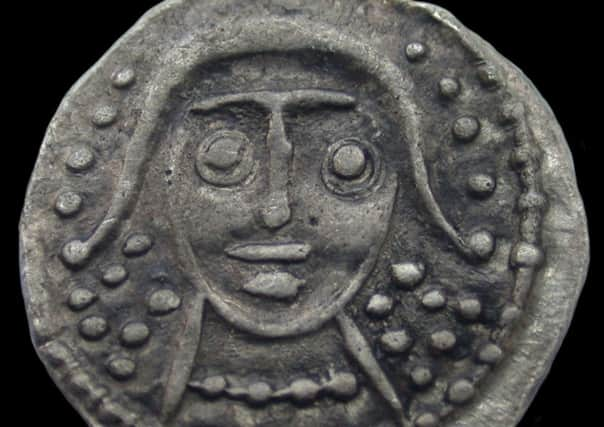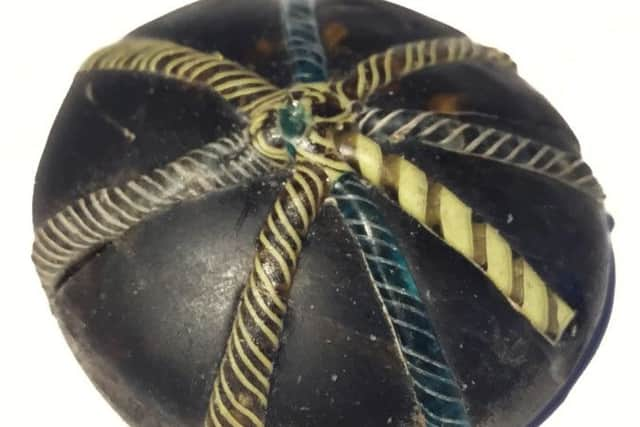Sheffield experts unearth Saxon island in Lincolnshire field


The island, once home to a Middle Saxon settlement, was found at Little Carlton near Louth. It is thought the site is a previously unknown monastic or trading centre, but researchers believe their work so far has revealed only an glimpse of the complete settlement.
The discovery was made after local metal detectorist Graham Vickers unearthed a silver stylus - an ornate writing tool dating from the eighth century, from a disturbed plough field.
Advertisement
Hide AdAdvertisement
Hide AdArtefacts unearhed since include 20 more styli, around 300 dress pins, and a huge number of ‘Sceattas’, coins from the 7th-8th centuries, as well as a small lead tablet bearing the faint but legible letters spelling ‘Cudberg’, a female Anglo-Saxon name.


Dr Hugh Willmott from the Sheffield University’s Department of Archaeology, said: “Our findings have demonstrated that this is a site of international importance, but its discovery and initial interpretation has only been possible through engaging with a responsible local metal detectorist who reported their finds to the Portable Antiquities Scheme.”